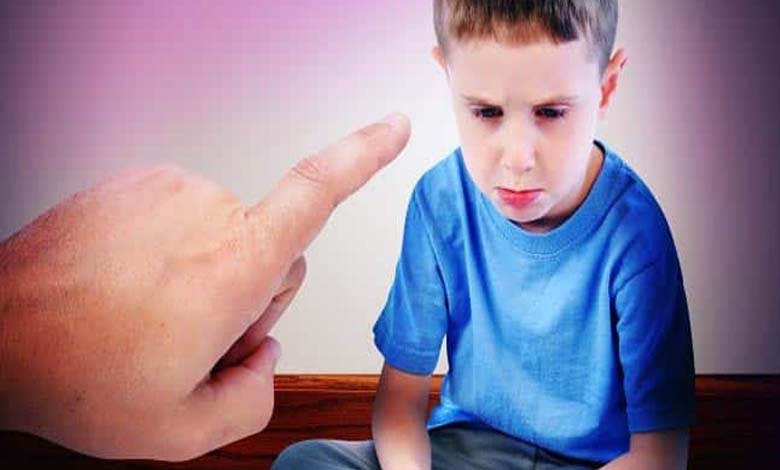“You’re mature”: a phrase repeated by parents to their children may leave negative effects

In the complex scene of childhood psychology, phrases that seem innocent can carry deeper implications. Among these common observations is directing speech to the child that they are “mature for their age”. While the intention is usually meant as a compliment, therapists warn that it may carry significant weight. This nuanced perspective sheds light on the repercussions of such statements and calls for a more thoughtful approach in interacting with children.
According to a report published by the Huffington Post, therapists have confirmed several key ideas for individuals considered mature for their age in childhood. First, this designation may point to a phenomenon known as parentification, where adults primarily view the child through the lens of their assumed maturity, contributing to a scenario where the child takes on responsibilities prematurely. This may include tasks ranging from household chores to caring for siblings or parents, thus blurring the boundaries between childhood and adulthood.
Additionally, classifying someone as mature for their age is often linked to the necessity of growing up quickly, as explained by professional counselor Maggie Lancioni. These children may not have consciously chosen this path but have been forced to take on roles resembling those of adults in order to survive. Thus, their childhood may be devoid of typical experiences of carefree exploration and learning from mistakes, as they navigate between responsibilities that exceed their years.
The consequences of this early maturity extend into adolescence, manifesting in a tendency to please others, difficulty setting boundaries, and hesitancy to ask for help when needed. Therefore, experts emphasize the importance of self-care and healing the inner child for individuals who feel burdened by the weight of early maturity. As such, therapy, especially with trauma-informed specialists, can provide a safe space for exploring and addressing the residual effects of childhood experiences.
Ultimately, therapists call for a change in language and approach when interacting with children; instead of general praise like “you’re mature for your age”, they suggest acknowledging specific behaviors or traits. By reframing the conversation to focus on actions rather than intrinsic traits, adults can affirm children’s independence while guiding their growth within age-appropriate boundaries.
In conclusion, the discourse surrounding childhood maturity underscores the importance of allowing children to embrace their age-appropriate experiences and break free from early adolescent expectations. By reinforcing environments that prioritize authentic childhood experiences, caregivers can empower children to grow while respecting their journey of growth and self-discovery.












